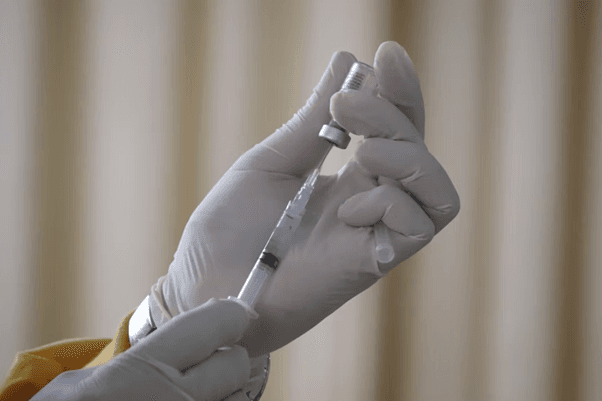RFK Jr. Drops $500 Million in mRNA Vaccine Funding, and It Doesn’t Add Up

Robert F. Kennedy Jr., now U.S. Health and Human Services Secretary, announced he is canceling nearly $500 million in funding for 22 mRNA-based vaccine projects aimed at fighting respiratory viruses like COVID-19, flu, and bird flu. He claims mRNA vaccines do not work well against uptake infections and suggests they may even worsen pandemics. Critics have labeled his claims baseless and dangerous.
Experts Push Back
Public health professionals warn this is one of the most dangerous decisions they have seen. Mike Osterholm, a seasoned infectious disease expert, called it the most dangerous decision in public health. Scholars point out that mRNA vaccines saved millions during the COVID pandemic and continue to be our best tool for quick responses to new threats.
Beyond COVID: What Else Is at Risk?
The cuts are not limited to respiratory disease work. Projects tackling COVID-19, flu, bird flu, HIV, malaria, hepatitis C, and even cancer research are affected. At least one collaboration between the University of Texas Medical Branch and Moderna, focused on bird flu vaccines, is now being restructured instead of outright canceled.
What the Evidence Actually Shows
The scientific record does not back RFK Jr.’s claim that mRNA vaccines are ineffective. WHO data suggests these vaccines cut deaths by 57% in Europe, saving around 1.4 million lives. Another Lancet study estimates nearly 20 million lives were saved worldwide in the first year of COVID mRNA vaccine deployment. Plus, mRNA technology, which earned a Nobel Prize in 2023, allows for rapid response to emerging threats.
What This Move Signals
There is a pattern here. Since taking office, Kennedy has dismantled established vaccine advisory committees, replacing them with appointees widely seen as anti-vaccine activists or lacking relevant expertise. This funding rollback is the latest move in what critics call a broader push to inject vaccine skepticism into federal health policy.
What This Really Means
Cutting this much investment in mRNA vaccine research is not just a policy shift. It risks setting us back in pandemic readiness. We lose agility in vaccine development, limit innovation, and shake the confidence of both scientists and the public. At a time when preparedness matters more than ever, rolling back a proven technology feels reckless.
Business News
Best Link Building Service Explained: Features, Strategies, and SEO Insights
The Science of A/B Testing: How Small Tweaks Create Big Wins in Marketing
Why Primary Care Doctors Are Embracing Telemedicine and Digital Health Tools
Smooth Onboarding Practices for Remote Professionals Abroad
Miami Cancels Task Force to Probe Business Ties to Cuba




















